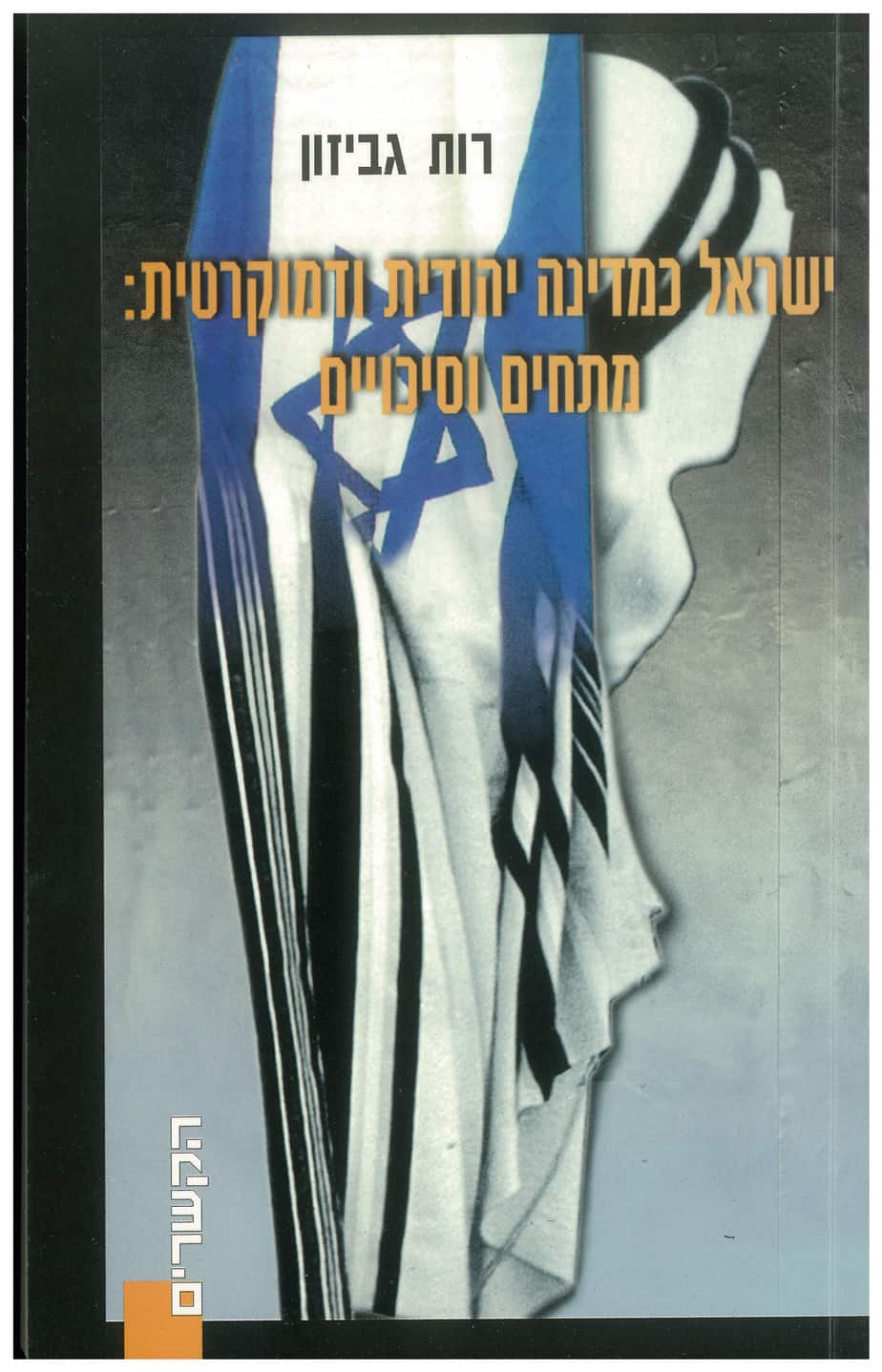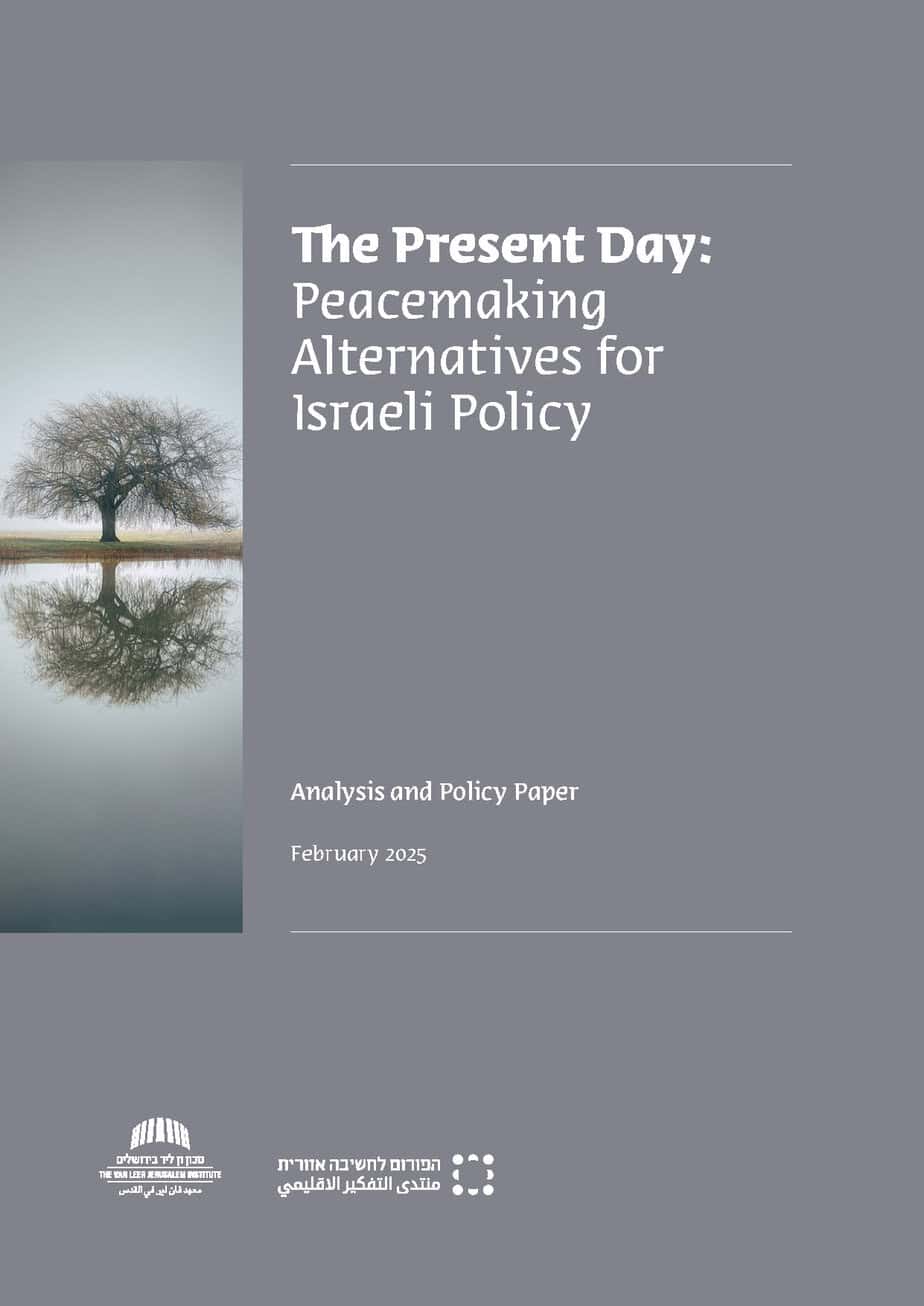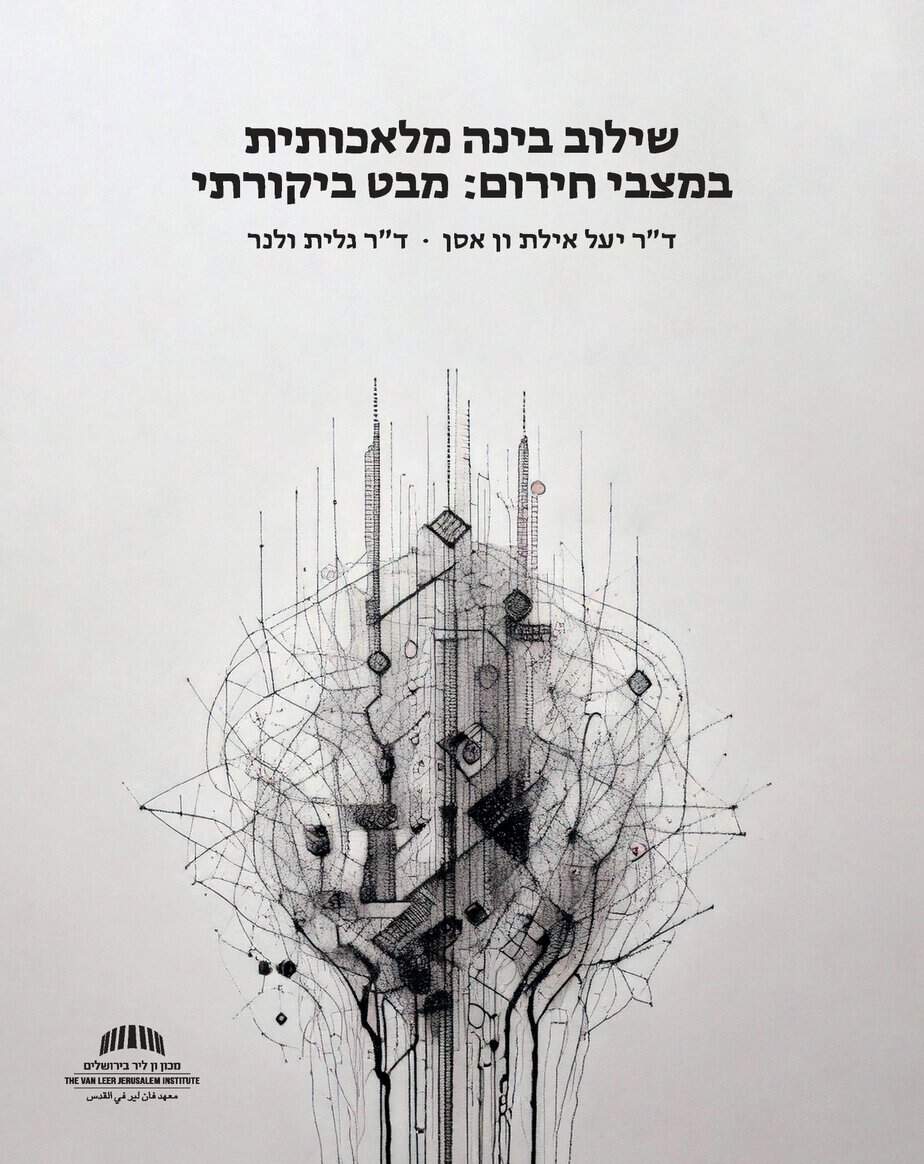Can Israel be Both Jewish and Democratic
Tensions and Prospects
| By | |
| Publisher | Van Leer Institute Press and Hakibbutz Hameuchad |
| Language | Hebrew |
| Year of Publication | 1999 |
| Series | Connections |
This book examines the internal tensions in the self-definition of the state of Israel as a Jewish and democratic state, which moves between two independent but related foci of tension—Jewishness and democratism: the tension between Jews and non-Jews (mainly Palestinian Arabs) and the intra-Jewish tension between nationalist-cultural views and religious views of Judaism.
The author argues that the combination of Jewishness and democratism is conceptually possible and can be given a fundamental moral justification: A democratic state can be a Jewish national state in which substantial parts of the population are religiously observant Jews. A democratic state cannot be a halakhic state, and a Jewish state cannot be a liberal democracy that relates to the non-civilian identities of its inhabitants with full equality.
Despite the possibility in principle of combining the two and justifying that combination, a substantial part of the arrangements and processes in Israel is not justified and threatens the stability of the society and its democratism. Awareness of the tensions and their centrality and the willingness to provide fundamental and constitutional solutions are the important conditions for improving the chances of the continued existence of the state of Israel as a Jewish, democratic, and justifiable state.
The book is based on a series of lectures delivered at the Van Leer Jerusalem Institute in June 1996.




